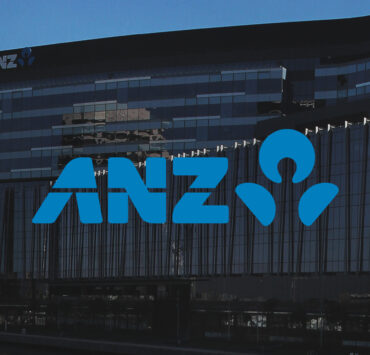Challenge of hard discount stores

The opening of the first store of Dali Everyday Grocery (Dali), a hard discount retail store affiliated with a Switzerland-based retail chain, in February 2020 in Sta. Rosa, Laguna, did not cause a stir in the country’s well-established retail chains.
Hard discount stores (HDS) are stores that offer products at more affordable prices by cutting down on marketing, merchandising and other operational costs, such as packaging, sales assistants, store space and air conditioning.
Unlike conventional grocery stores, they sell only basic food and personal items needed for daily living at prices that are generally within the reach of the less fortunate members of our society.
In 2023, the Asian Development Bank (ADB) invested $15 million in Dali to support its expansion. A year later, ADB added $13 million.
That capital infusion enabled Dali to put up around 630 stores at present and counting.
The no-frills, low cost stores have drawn huge patronage from its target market, a development that cannot be ignored by retail chains whose bottom line had been adversely affected by the popularity of online shopping.
To use a popular business buzzword, Dali has become a disruptor (or “a person or thing that prevents something, especially a system, process or event from continuing as usual or as expected”) in the country’s retail industry.
Its business model is similar to that of budget airline Cebu Pacific, which has made air travel more affordable to Filipinos and, in the process, earned it huge profits. That scheme was later adopted by other domestic airlines with practically the same results.
No-frills merchandising is also used by pharmacy stores that sell generic medicines at prices way below those of their branded counterpart. Like Dali, they are situated in public markets and places where foot traffic consist mainly of potential customers with smaller earning capacity.
It did not take long before Ayala Corp. and Robinsons Retail Holdings, Inc. (RRHI) invested in the two biggest generic drugs, The Generics Pharmacy and Generika Drugstore, respectively, and became their majority stockholders.
Their entry into the generic medicine business contributed to the public’s acceptance of the efficacy of those medicines, which for years suffered from a perception of being unreliable compared to branded medicines.
Clearly, those business conglomerates would not have invested in the drugstores if they did not believe in the soundness of their business model and their profitability down the road.
Going back to HDS, their potential for growth had caught the attention of RRHI. Last week, it announced it will expand the format of its hard discount and neighborhood supermarkets to compete with Dali by opening up to 100 stores through a subsidiary engaged in the same business.
It looks like HDS are being looked at as “sunrise” businesses, or something worth getting into with possible positive results in light of the present high cost of living and low wages of their target market.
RRHI’s entry in the business is welcome news for consumers, in particular, the financially-challenged sectors of our society, as they would have another source for lower-priced products.
How the competing companies would be able to gain respectable margins from their sales at prices that customers with tight budgets can afford would make an interesting case study in business schools.
The textbook theory that volume sales can make up for low prices, a scheme which the successful retail chains in the country supposedly used during their initial period of operation, would be tested in the HDS.
No doubt, other business conglomerates would be keenly watching how things would turn out with the entry of RRHI in the HDS business. If it proves to be profitable, expect the experience in generic pharmacy stores to be replicated in HDS.
At the end of the day, that development would redound to the best interests of consumers.


















